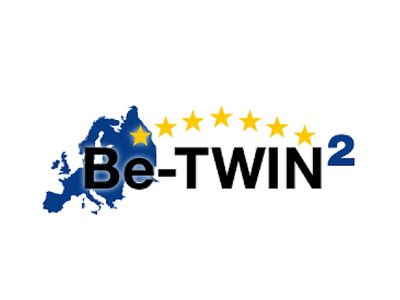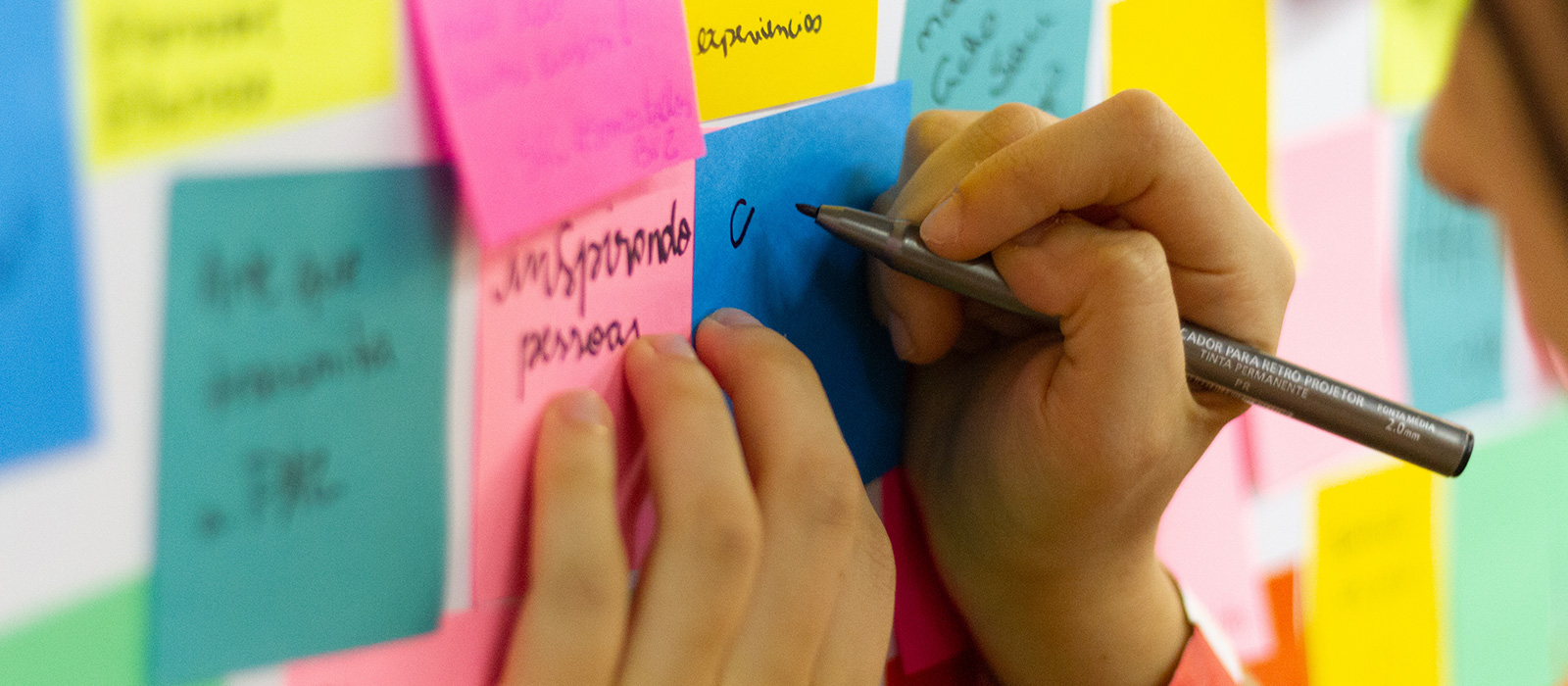BE-TWIN 2: ECVET-ECTS – Building Bridges and Overcoming Differences, continuation of the Be-Twin project
Follow-up project of the B-TWIN project, which aimed to develop an effective methodological approach and innovative translation tools aimed at facilitating a common implementation of ECTS and ECVET. B-TWIN 2 focused on adapting the methodology developed previously.
Funding Scheme
Leonardo da Vinci: Multilateral Projects for the Transfer of Innovation (TOI)
More about B-Twin
The methodology proposed by Be-TWIN strives to be instrumental for “a dialogue” between two important instruments in higher education (HE) and vocational education and training (VET) – the ECTS and ECVET credit systems. Underneath the layer of learning outcomes both ECVET and ECTS carry different, additional, yet equally important secondary information layers. Whereas ECVET informs about the relative importance of a unit of learning outcomes vis-à-vis the overall qualification, ECTS indicates the time invested to obtain a certain learning outcome in terms of the workload necessary for an average student in full-time mode of delivery.
Be-TWIN sets out to go beyond mere vertical or horizontal mobility. It attempts to conceptualise training and learning as a lifelong continuum which offers individuals various points of entry and departure throughout their lives.
Partners
- Centro Produttivita Veneto
- UNICA
- Regione Veneto – Direzione Formazione
- Ufficio Scolastico Regionale per il Veneto
- FONDAZIONE CRUI per e Università Italiane CCIP
- Chambre de commerce et d’industrie de Paris
- 3s research laboratory
- Fachhochschule Technikum Wien Höhere
- Technische Bundeslehr- und Versuchsanstalt St.Pölten
- Albeda College
- KCH Services
- UNICA

Project info
From
01 October 2012
to
30 September 2014
Project Coordinator
Centro Produttivita Veneto
UNICA’s role
Coordinator of WP3: Adaptation of Methodology (together with experts from Charles University in Prague)
Relevant UNICA working group
EduLAB


 Co-funded by the European Union. Views and opinions expressed are however those of the authors only and do not necessarily reflect those of the European Union or the European Education and Culture Executive Agency (EACEA). Neither the European Union nor the granting authority can be held responsible for them.
Co-funded by the European Union. Views and opinions expressed are however those of the authors only and do not necessarily reflect those of the European Union or the European Education and Culture Executive Agency (EACEA). Neither the European Union nor the granting authority can be held responsible for them.